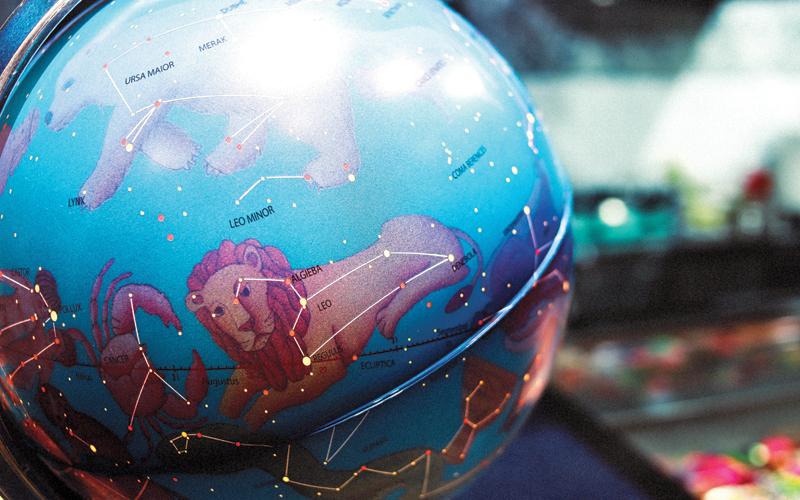
Astrology is the pseudoscientific theory that believes the movements and positions of celestial objects like the stars and planets, influence people’s lives.
This superstition, which has existed for centuries, has recently seen a massive uptick in popularity, especially over the past few years under the pandemic.
More and more people, young women in particular, are turning to the stars for guidance with varying degrees of seriousness. Thanks to this sudden interest, Astrology has become a booming industry, with ‘Mystical Services’, which encompasses Astrology, drawing in over 2 Billion dollars in 2018.
Out of favour
 However, this isn’t the first time astrology has had mainstream popularity. Astrology has been practiced since the second millennium BCE and was treated with the same degree of respect as astronomy, it’s more scientific counterpart and was even taught in universities. But during the ‘Age of Enlightenment’ in the 17th and 16th centuries, Astrology fell out of favour amongst intellectuals, thanks to the rising influence of scientific theory. Since then, Astrology was seen as a point of mockery, as there is no real, provable science behind it.
However, this isn’t the first time astrology has had mainstream popularity. Astrology has been practiced since the second millennium BCE and was treated with the same degree of respect as astronomy, it’s more scientific counterpart and was even taught in universities. But during the ‘Age of Enlightenment’ in the 17th and 16th centuries, Astrology fell out of favour amongst intellectuals, thanks to the rising influence of scientific theory. Since then, Astrology was seen as a point of mockery, as there is no real, provable science behind it.
Despite that, the 19th century saw a short resurgence of Astrology, thanks to theosophist Alan Leo, who would come to be known as the father of modern Astrology.
Prior to Leo, astrology was far more complicated that what it is today, and was more concerned with predicting the future and fortune telling.
Alan Leo focused his idea of Astrology around self understanding, using it to help people better understand their own character. Leo also went on to simplify the entire process of Astrology down to Sun Signs, which allowed Astrology to become more accessible for the average person.
This simplified Sun Sign approach proved massively successful, and led to it becoming the sole factor of many horoscopes.
However, while sun signs became part of everyday life, even being covered in daily newspapers for decades, the greater aspects of Astrology would not see any mainstream attention until the New Age movement of the 60s and 70s, which saw Astrology becoming a prominent part of culture to this day.
Rise in popularity
But why has astrology seen such a drastic rise in popularity today? Especially during the pandemic? This phenomena can be explained as people looking for a degree of certitude in a period of great uncertainty.
According to the Bulletin of Atomic Scientists, the world is currently at a crossroad, thanks to global pandemics, accelerated nuclear programs and rampant online disinformation. And this is in addition to whatever personal strife any given person might be struggling with themselves.
So, for some, Astrology provides a bit of guidance and a way to make sense of things that seem to be chaotic, and out of their control.
So, do these people, who in the 21st century are still reading horoscopes and indulging in Astrology actually believe it’s real? That the stars can actually predict the future and determine how people behave? Not necessarily.
Even if what information horoscopes and astrology provides is mostly inaccurate, it still allows those who value it a degree of control, agency and empowerment, which is why astrology is especially popular with marginalized groups like women, people of colour and LGBTQ communities or with people who are in ambiguous situations like those in between jobs, or going through break ups.

